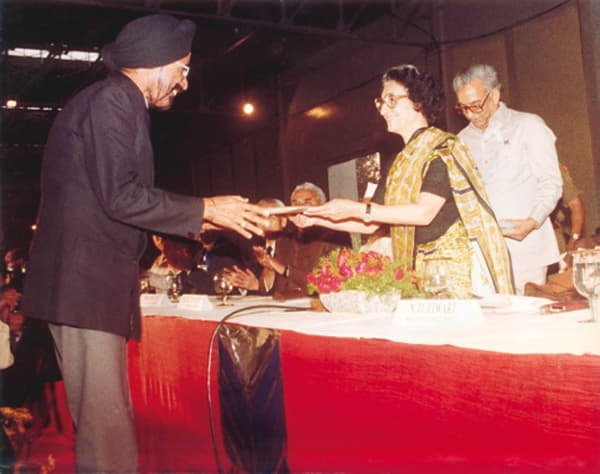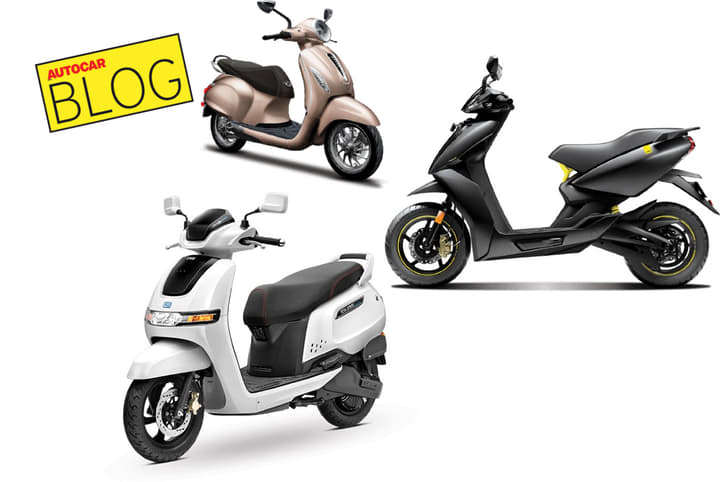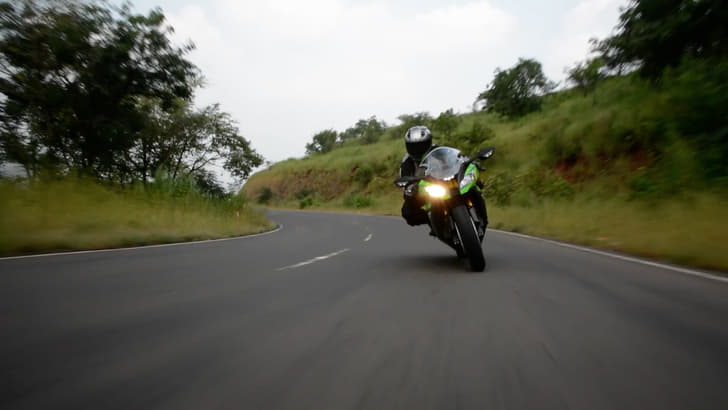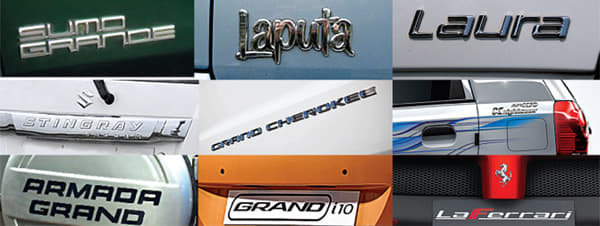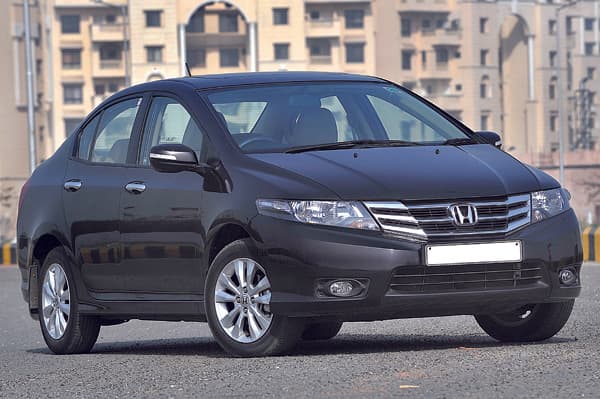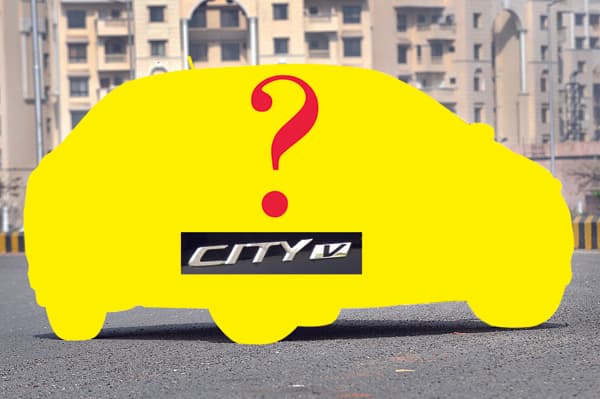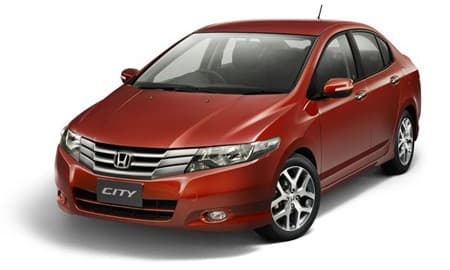On December 14, 1983, Harpal Singh, after paying the princely sum of Rs 47,500, was handed over the keys to the first Maruti by then Prime Minister Indira Gandhi. Exactly 30 years ago, the humble Maruti 800 was born. It went on to conquer Indian roads and become a symbol of mobility much like the Ford Model T did in America and the Volkswagen Beetle in Europe. It vindicated Osamu Suzuki’s leap of faith in India at a time when auto giants like Volkswagen, Fiat and Toyota thought it was suicidal to do so.
The 800 breezed into India as a wonder car with a long list of ‘firsts’. This little Suzuki was the first car to get disc brakes, front-wheel drive and synchromesh on first gear! Ridiculously insignificant details like floorshift gears, bucket seats, a plastic moulded dashboard and even wipers that worked effectively had car buyers, previously raised on a diet of prehistoric technology, in raptures. Overnight the antiquated Padminis and Ambassadors were swept away by a wave of Maruti mania. People discovered the joys of driving, women were liberated by its user-friendly nature and very quickly India was on the move. The 800 was responsible for doubling total car sales in India within the first two years but demand was higher still. Buyers were willing to pay a pay premium of twice the official sticker price to get a taste of what they had never experienced before – Japanese quality.
With the 800, Maruti not only put a nation on wheels but it brought in a work culture and philosophy for super-efficient manufacturing pioneered by the Japanese. It established a component industry from scratch, but to put it simply, Maruti single-handedly created India’s automobile industry.
What makes Maruti ‘s history intriguing are the unique circumstances under which it was born. This company had the unequivocal support of not just the Prime Minister of India but a mother who wanted to fulfill the dreams of her son lost in an air crash. With her emotional involvement in the project, other politicians and bureaucrats couldn’t meddle with Maruti. In fact, unlike other public sectors companies, Maruti was an exception and instead of red tape was given a red carpet.
It didn’t take long for Maruti to completely dominate the Indian car market. Easy approvals and several tax concessions which favoured Maruti cars certainly did help in the early years but what’s truly remarkable is that even after the government exited the company more than a decade ago, Maruti has gone from strength to strength.
Maruti’s unbroken dominance in the Indian car market can largely be attributed to its top-class management. R.C. Bhargava, who led Maruti for 16 years, honed the company into a well-oiled machine by developing an efficient work culture, which is the bedrock of the company.
Jagdish Khattar, the managing director in a more competitive environment, understood that there was nothing more important than keeping his customers happy. Even today, Maruti’s top management has a customer focus like no other company and a shrewd ability to find customers where none exist.
But today, on its 30th birthday, Maruti is facing competition not seen before.
Having concentrated on the cheap and cheerful end of the market, Maruti has glaring gaps in its model range and has completely lost out on the lucrative SUV segment, which has exploded in India. It has failed to find acceptance in premium (and profitable) segments and is still reliant on Fiat for diesel technology, which makes it vulnerable in a country that’s strongly diesel driven.
And, after thirty years, Maruti still doesn’t have the capability to design and develop cars in-house which is a crying shame, especially when home-grown rivals like Tata and Mahindra have made huge strides in product development.
However, these are challenges Maruti can’t afford to shy away from and is plotting a product offensive to keep its grip on the market. After all, what was once a punt in an unknown country for Suzuki has turned out to be its golden goose.

